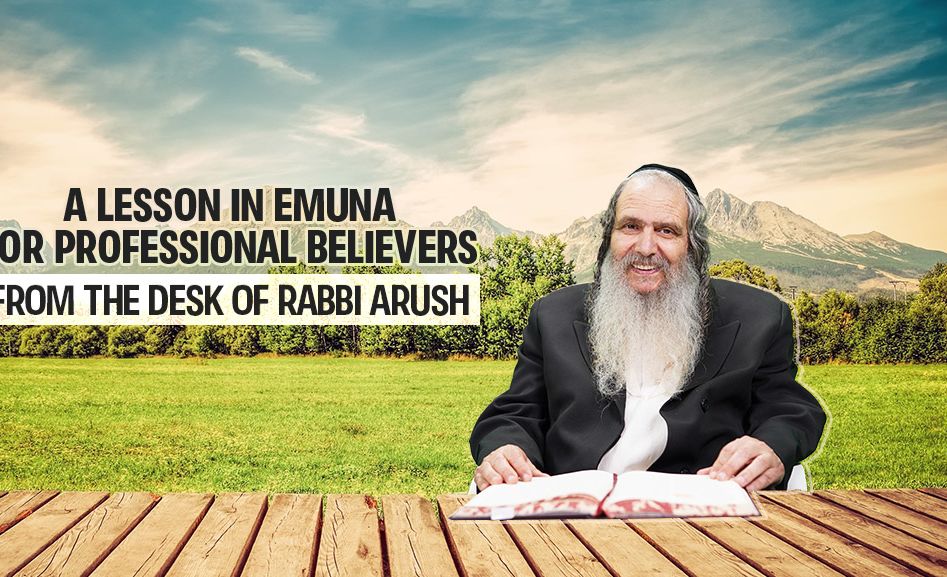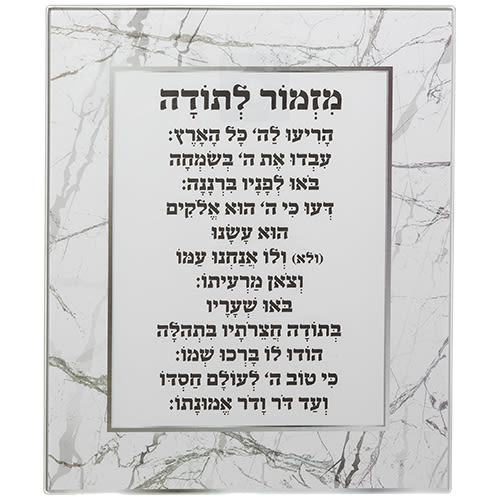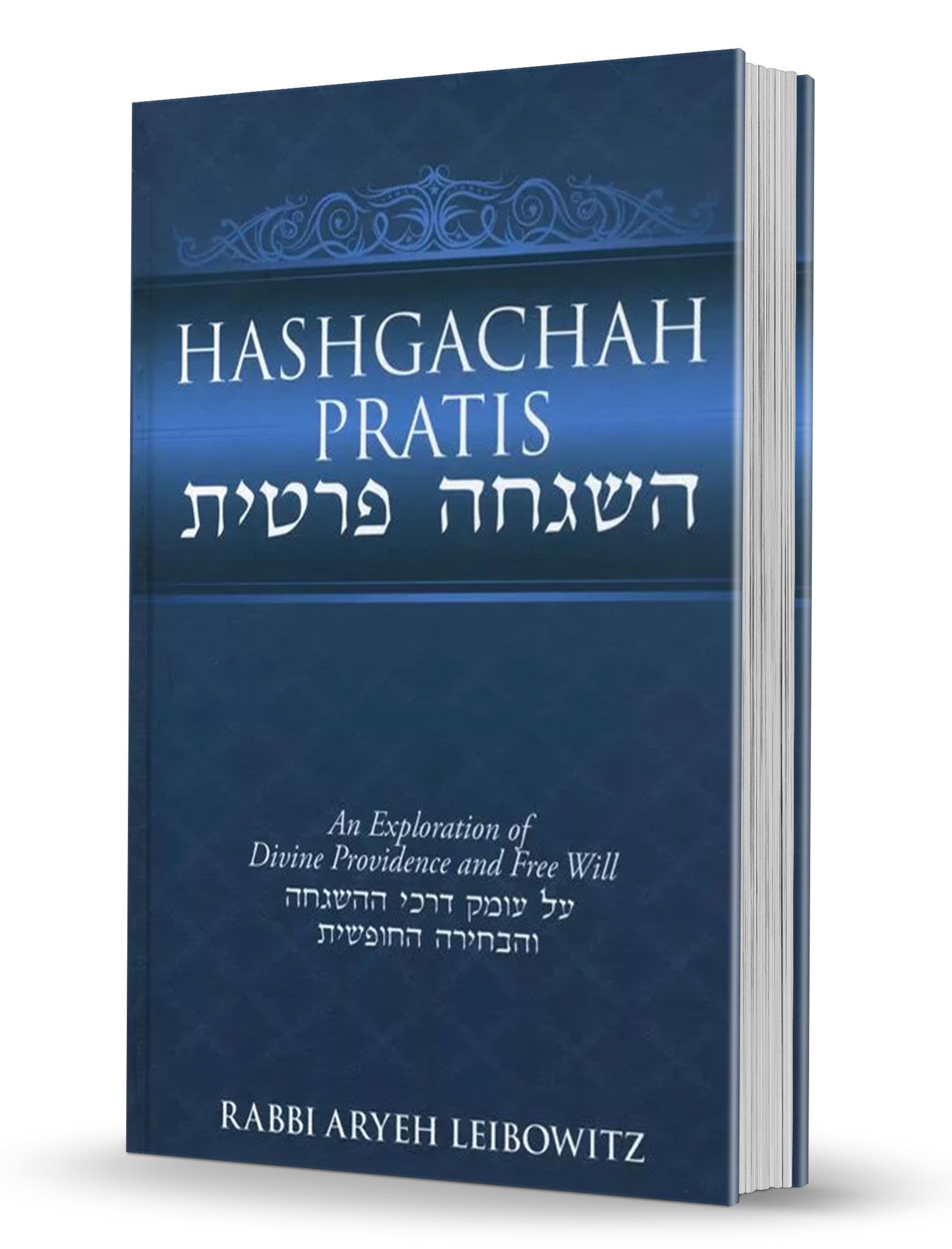
Shema Yisrael!
We learn a wonderful lesson from the most important prayer in Judaism, the Shema. This is the foundation of our faith, where we declare our steadfast emuna in Hashem...

Translated by Rabbi Lazer Brody
We learn a wonderful lesson from the initially most important prayer in Judaism, the reading of the Shema. This is the foundation of our faith, where we declare our steadfast emuna in Hashem.
The Gemara (Pesachim, 56) relates the account of our forefather Jacob before he died; he summoned his sons, for he wanted to share his end-of-days prophecy with them. But as he started to speak, the Divine Spirit left him. Jacob asked himself, “Maybe something is wrong with me? My grandfather Abraham gave birth to Ishmael; my father Isaac gave birth to Esau – could there be a blemish among my offspring as well?”
Immediately, all Jacob’s twelve sons called out the Shema in unison, “Hear O Israel, the Lord our God, the Lord is One!” They said to their father, “Just as you only have only One on your heart, so do we have only  One on our heart.”
One on our heart.”
Upon hearing his sons’ absolute declaration of faith, Jacob said, “Blessed be the Name of His glorious kingdom forever and ever!”
Jacob’s sons used the Shema to show their father their loyalty to Judaism, demonstrating that his seed is unblemished, in thought as well as in deed. Throughout our history, many other Jews demonstrated their ultimate and unshaken loyalty to Hashem and Judaism by calling out the Shema as they gave their lives in martyrdom.
The Shema prayer contains all the components a Jew needs for his Judaism. If he’d only listen to what he is saying, he’d discover ethics, spiritual reinforcement and instruction in emuna in a most inspiring manner in the body of the Shema. It’s no surprise that the Shema prayer has become the focal point of every Jew, recited morning, evening and at bedtime. Jewish law requires us to recite this prayer word-for-word in exact pronunciation, with the same deliberation that we’d count one-hundred-dollar bills, and with intense concentration and intent. The Shema prayer is like a letter from the King to His subjects, where He reveals His will and tells us the important things that He wants us to focus on. As such, we’ll elaborate briefly on what we say in the Shema daily, to better understand what we need to know.
Loving Hashem
By saying, “Hear O Israel, Hashem our God, Hashem is One” (Deuteronomy 6:4), we accept the yoke of Hashem’s rule. Immediately afterwards, we say, “And you shall love Hashem your God with all your heart” (ibid., 5) This teaches us that first and most basic foundation of Judaism is loving Hashem; passing this love of Hashem on to our children is our main task as parents, for the Shema commands us, “and you shall teach your children” to love Hashem with all their hearts as well.
Loving Hashem is the first foundation of Judaism, for true service of Hashem is characterized by love. The more a person loves Hashem, the easier the obligations of Torah and its commandments become. Coercion, or learning Torah and performing mizvot in a begrudging manner, cannot be called “service of Hashem”.
Anyone who fulfills the first paragraph of the Shema in effect has fulfilled all of Judaism. “And you shall love” – he loves Hashem. “With all your heart” – with your evil inclination as well as with your good inclination, which means that you love Hashem and nothing else; despite your evil inclination, you don’t succumb to lust and bodily appetites, for you’ve overcome them. Lust, material amenities and bodily appetites are unholy types of love, when a person channels the precious commodity of love into the wrong direction. When he fulfills, “And you shall love Hashem with all your heart”, he channels all his love to Hashem, and merits clinging to Hashem with all his being.
“And with all your soul” (ibid) – you love Hashem even if he takes away your soul, in other words – your life, a commandment that requires total dedication and submission to Hashem.
“And with all your might” (ibid) – this means, with all your money. A person’s money is very important to him; so much so, that people will give their lives to defend their money. If that’s so, then he certainly should be willing to give his life for Hashem. “All your might” also means accepting whatever Hashem does with absolute faith and joy, being able to thank Hashem for everything.
Beware!
The Shema prayer, unlike much of our other liturgy which was codified by the Men of the Great Assembly, comes directly from the Torah. The Torah is therefore telling us that unlimited clinging to Hashem and boundless love for Hashem are not levels of extreme piety but basic Judaism that behooves every Jew. The entire objective of the Torah’s commandments is to bring a person closer to Hashem and to strengthen his bond with Hashem. Therefore:
“It will be that if you hearken to My commandments…to love Hashem your God” (ibid, 11:13) – we heed and perform the mitzvot in order to enhance our love of Hashem and to cling to Him, for that is His will in giving us the holy Torah and having us observe its commandments. Every mitzva we heed and do should bring us closer to Hashem.
The Shema continues: “Beware for yourselves, lest your heart be tempted” (ibid, 16) – the Torah is warning us to be careful of the world’s many lies and temptations that seduce a person’s heart. One should never drop his guard; he must therefore remember Hashem constantly, for the moment he forgets Hashem:
“…you turn astray and serve the gods of others” (ibid). Once a person’s mind wanders away from Hashem, he is liable to fall into any trap of transgression, even idolatry! As such, the Torah warns us, “beware!”
Loving Hashem is one of the six constant commandments that a person must fulfill every moment of his life (see Be’er Halacha, Shulchan Aruch, Orach Chaim 1:1), for the Torah tells us that the time to love Hashem is, “While you sit in your home, while you walk on the way, when you retire and when you arise” (Deuteronomy 11:19), in other words, constantly, 24 hours a day. This is what we must both internalize and teach our children. We can therefore easily understand why the Shema is the foundation of our faith and the basis for educating our children, which we must remind ourselves of three times a day.












Tell us what you think!
Thank you for your comment!
It will be published after approval by the Editor.